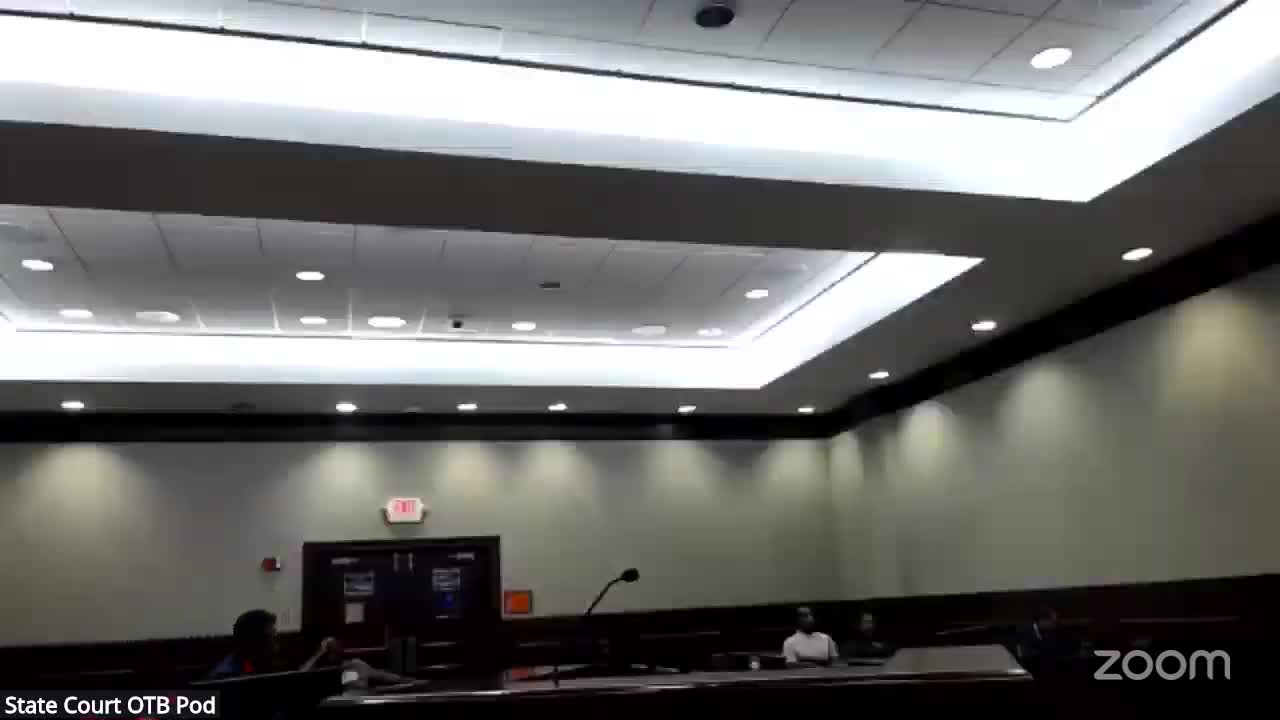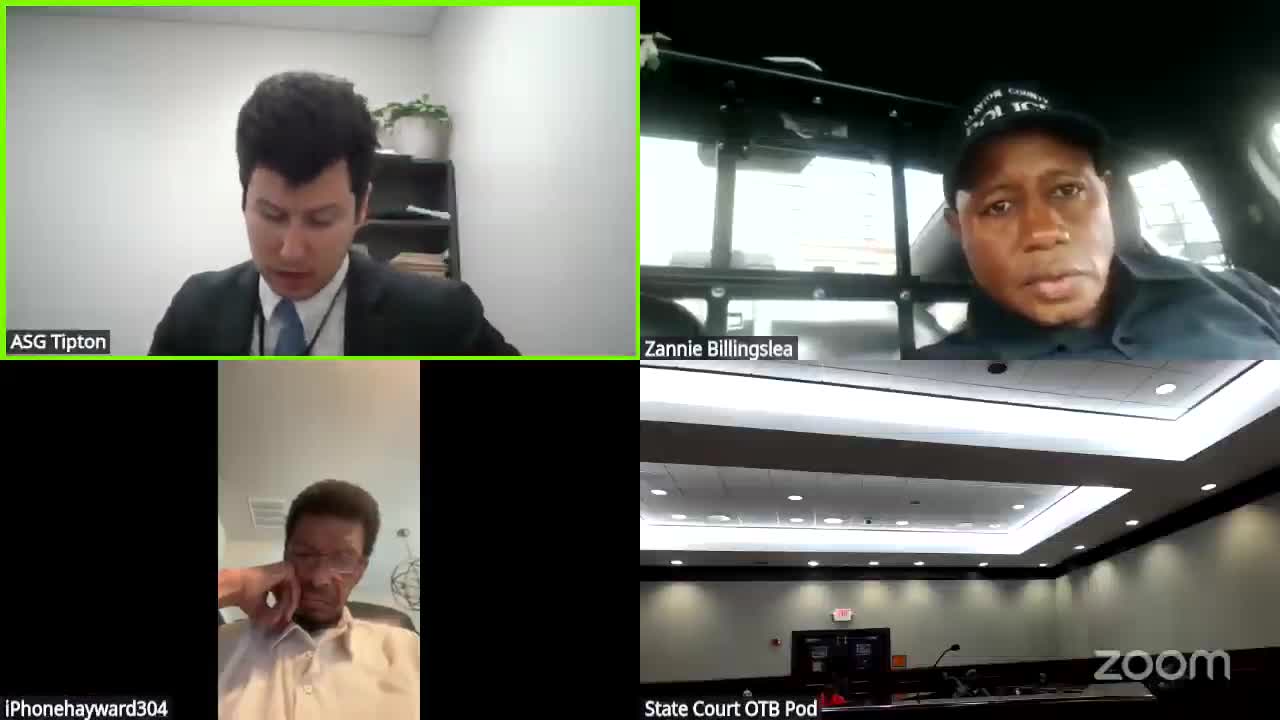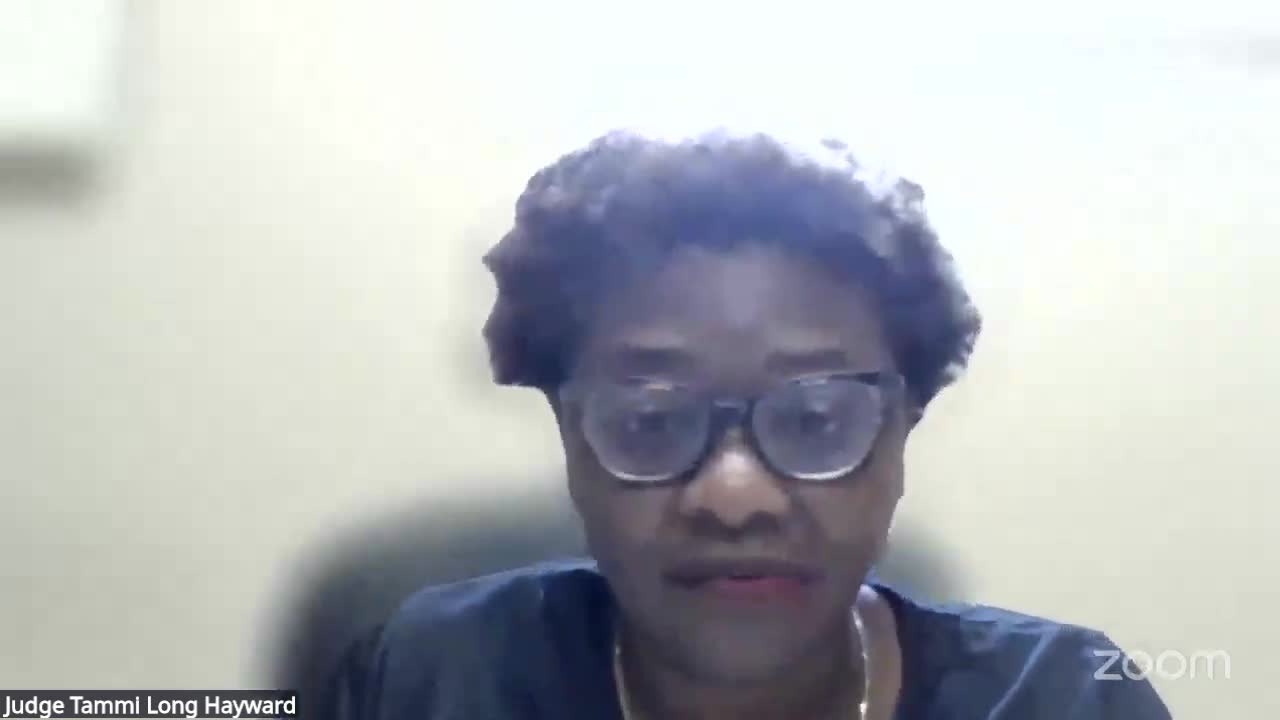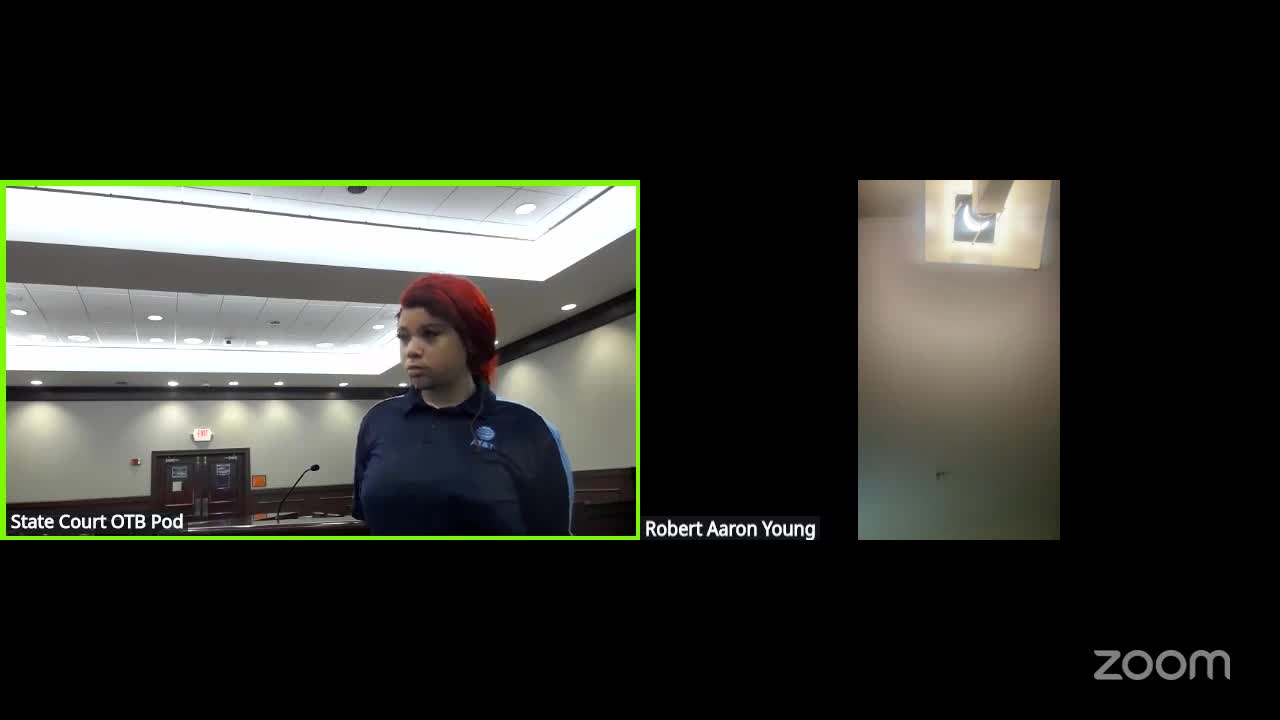Article not found
This article is no longer available. But don't worry—we've gathered other articles that discuss the same topic.

Judge convicts driver of failure to yield after neighborhood collision; $100 fine with surcharges ordered

Clayton County traffic calendar marked by officer conflicts and many no-pros; judge urges clearer scheduling

Judge finds driver not guilty after camera review showed both vehicles entered lane simultaneously

